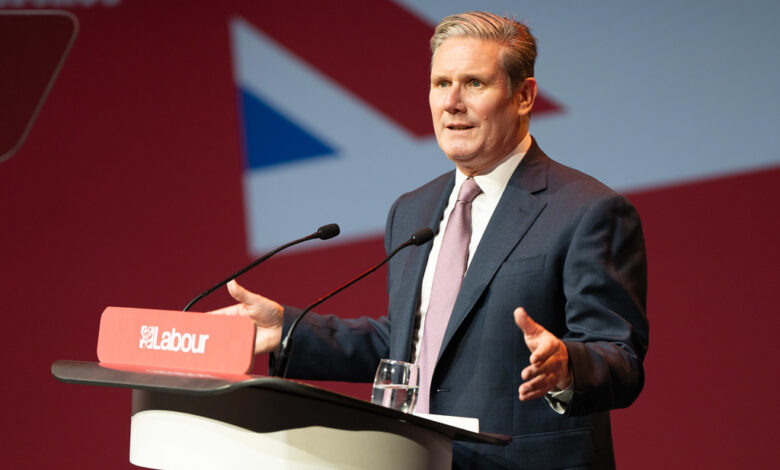Labour Party’s Landslide Victory: Implications for the UK Crypto Industry

The Labour Party is set to lead the United Kingdom’s government after a landslide victory on July 4. Although Labour has not consistently prioritized crypto and blockchain in its agenda, advocates are urging the new administration to continue the progress made under the Conservatives.
As of July 5, election results indicated that Labour secured 412 seats in the 650-seat House of Commons, while the Conservatives are projected to win 122 seats — a decrease of about 250 seats, ending their leadership. Former Prime Minister and Conservative Party leader Rishi Sunak has resigned, and Labour leader Keir Starmer is preparing to take over as the next head of government.
The Conservatives’ stance on crypto, established during their long tenure, is well-defined. They planned to introduce a regulatory framework for cryptocurrencies and payment stablecoins in July.
Bim Afolami, former Economic Secretary under Sunak, frequently participated in fintech conferences, promising secondary legislation for stablecoins. Labour, in contrast, has expressed support for the Bank of England’s digital pound plans, with a decision on issuing the central bank digital currency (CBDC) expected between 2025 and 2026. Before then, Parliament must approve the necessary legislation.
In January, Labour proposed a plan for financial services, aiming to make the UK a securities tokenization hub by clarifying laws around tokenization. Crypto community members believe Labour can build on the previous government’s groundwork, enhancing regulations and guidance on promotional materials for the sector. Jordan Wain, U.K. policy lead at Chainalysis, told CoinDesk, “It’s been done by the Financial Conduct Authority, they’re the ones that are formulating legislation. They are not going to sweep all of that hard work off the table, it’s not going anywhere.”
In his victory speech early Friday, Starmer declared, “change begins now,” highlighting Labour’s readiness to serve the country and restore Britain for working people, according to BBC News. Rachel Reeves will take over as Chancellor of the Exchequer, leading the country’s Treasury department. Sunak, in his concession speech, acknowledged Labour’s win and congratulated Starmer, noting the “sobering verdict” delivered by the British people, according to BBC News.
CryptoUK, a lobbying group with connections to the incoming government, called on Labour to prioritize clarity and proactive policy-making to fully harness the sector’s potential. Despite the industry’s potential for job creation, economic growth, and increased inclusivity, a comprehensive strategy for the UK’s crypto and digital assets industry remains elusive, a spokesperson told Coindesk.
Bivu Das, the UK managing director of Kraken, believes the change in political leadership will not drastically alter the trajectory for crypto, stating that the new government has the opportunity to keep driving innovation and growth in the sector. Keld van Schreven, co-founder and managing director of digital asset investment firm KR1, added that the leadership change comes at a pivotal time for the crypto industry, emphasizing the need for continued efforts to establish the UK as a global crypto hub, according to Cointelegraph.
Starmer has already appointed several Members of Parliament to his government. However, he has yet to announce his pick for Economic Secretary to the Treasury, a role that could significantly influence the new government’s approach to digital assets.





